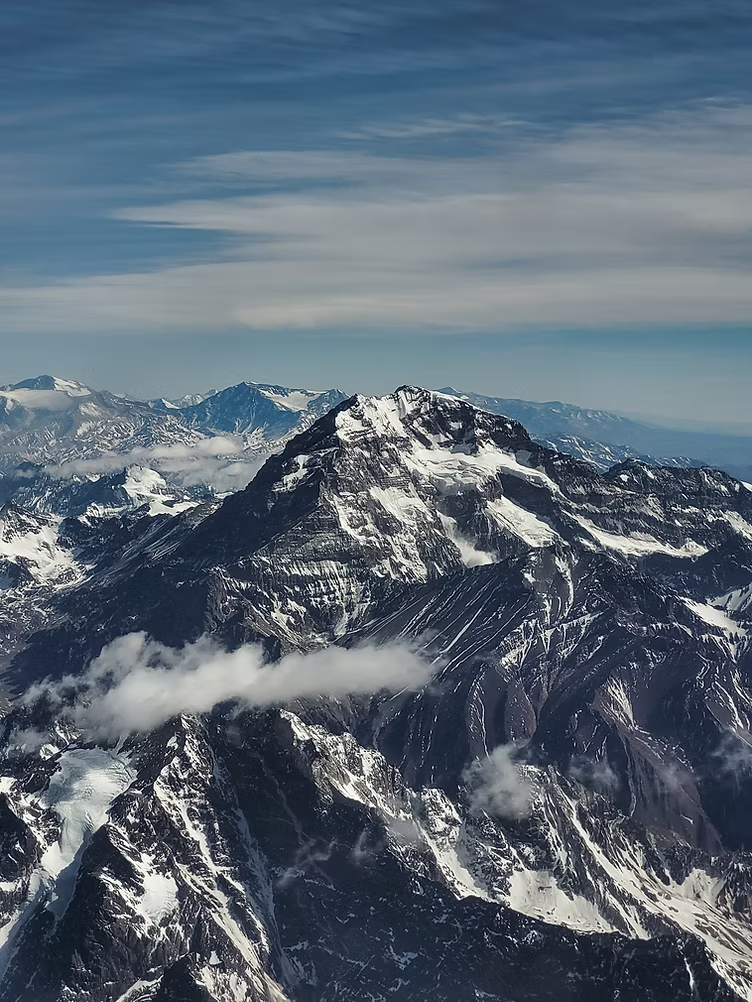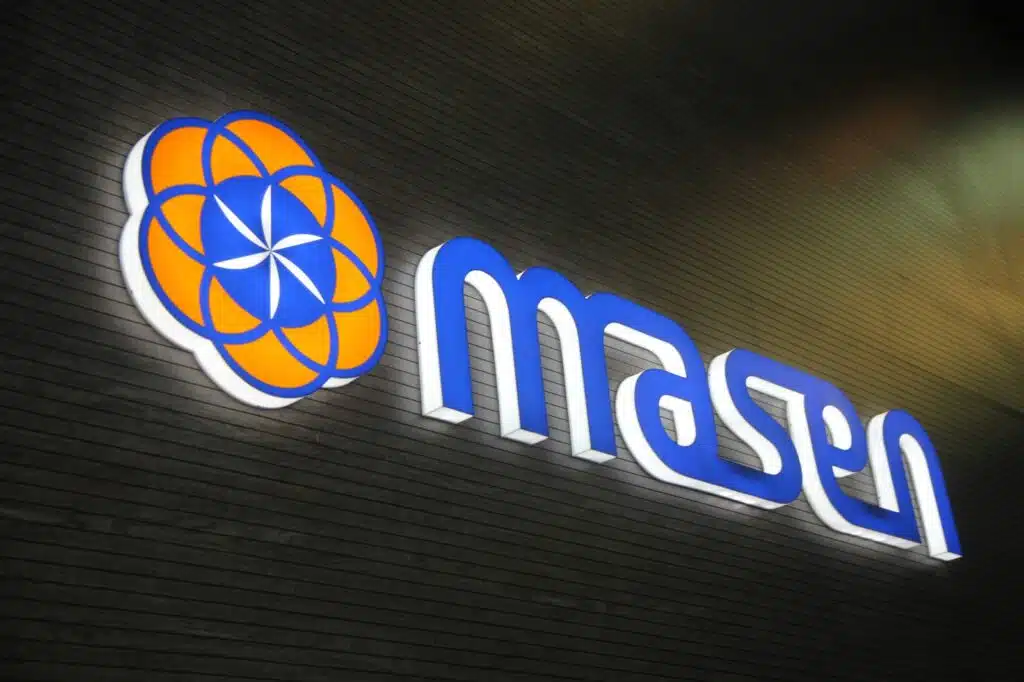
Taqa Morocco and JBIC Partner to Advance Sustainable Energy Infrastructure

Mining in the Andes: Critical Minerals and the Next Phase of Global Investment

Lithium carbonate produced from brine salars (that are located in Argentina, Chile and Bolivia) cannot be produced without using soda ash (sodium carbonate). Lithium carbonate is used in the cathodes of lithium-ion batteries used to power electric vehicles which will form an important part of the energy transition to reduce hydrocarbon-based fuel usage and combat climate change. As a result, it is important that the raw materials used in lithium carbonate production are also low-carbon and sustainable. Our soda ash is produced from naturally occurring trona ore using our unique “solution extraction” production method and is produced with the lowest Scope 1 and 2 CO2e emissions and water intensity, with almost no waste and the best sustainability credentials in our industry. By using our soda ash, lithium carbonate producers are able to better differentiate their product with OEM automotive customers, in terms of its sustainability characteristics.
We define our purpose as “to responsibly produce essential ingredients for a sustainable future”. Sustainability is core to our corporate strategy and it is embedded in everything we do. We focus on best-in-class governance, a culture of care for our people and our communities, and the sustainability of our operations and production process. Our soda ash is produced from naturally occurring trona ore using our unique “solution extraction” production method and has the lowest Scope 1 and 2 CO2e emissions and water intensity, with almost no waste and the lowest impact on nature and the environment. For customers using our product, this focus on responsible and sustainable operations allows them to fulfil their own sustainability commitments.
We are one of the lowest cost producers of soda ash globally due to our unique “solution extraction” production method. This, together with our efficient and reliable logistics and distribution network, allows us to deliver soda ash on a cost-competitive basis to every major market globally. For our customers, what really matters is certainty and reliability of supply, timely delivery of product where and when they need it and excellent customer service; alongside our sustainability leadership, this is how we differentiate our position in the market.
We understand our critical position as a raw material supplier within many important supply chains – from PV solar panels to glass bottles, detergents and lithium-ion batteries – all of which themselves are seeking to decarbonise, and reduce water usage and waste, in order combat climate change. As I have said, sustainability and responsible operations are at the core of everything we do, and we see our sustainability advantage in the production of an “essential” raw material as both a commercial opportunity as well as being a catalyst for change throughout our industry and throughout our supply chain, which will have a positive impact on society as a whole. We focus on this because we believe that consumer, societal and regulatory pressures are only going to increase around these issues in the years to come, and we will soon find ourselves in a situation where the “sustainability value” of a product will be more important than its economic value. To drive high sustainability value, every product will demand highly sustainable operations in every single part its raw material supply chain
We currently produce around 5 million metric tonnes of natural soda ash every year from our two facilities in Turkey. We plan to more than double our production in the coming years with two growth projects in North America, which are currently in the permitting stage. Around 80% of our production is exported and we are able to deliver soda ash on a cost-competitive basis to every major market globally. We have a large global logistics infrastructure allowing us to serve our customers in over 80 counties today, and we are the largest soda ash supplier to South America. We are investing more and growing faster than any other soda ash producer and this growth, together with our sustainability credentials, customer service and reliable supply chain will enable us to serve the growing demand for soda ash in the lithium industry for years to come.
We are very much looking forward to spending some time with our customers, as well as connecting with potential new customers and of course taking part in the debate around how the whole industry can develop sustainable supply chains to support the growing production of lithium carbonate from the region.


